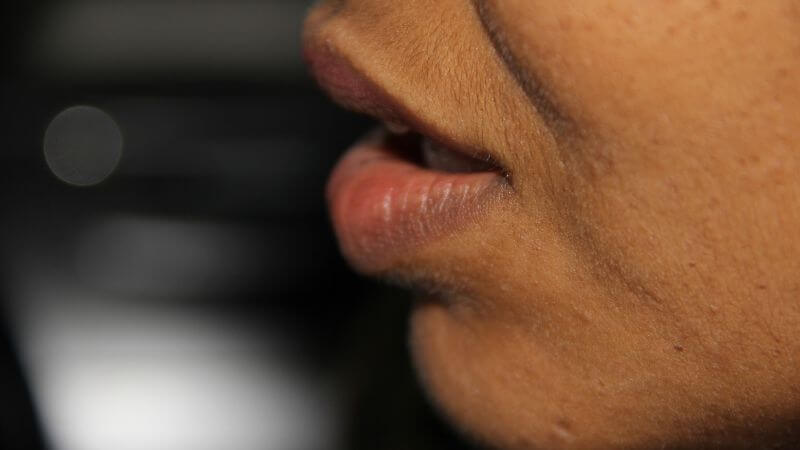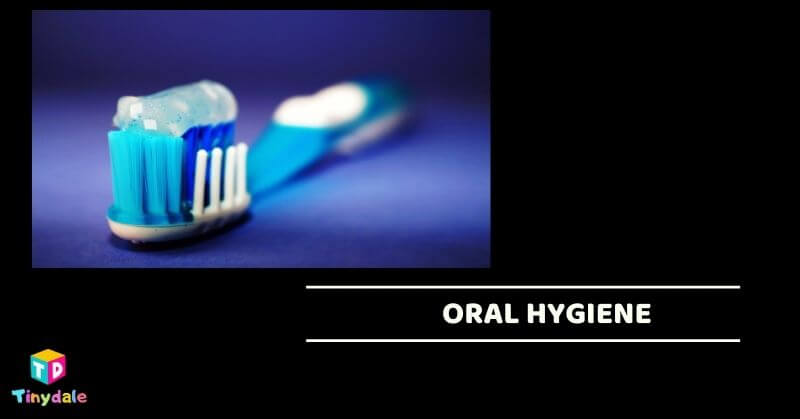Suffering from dry mouth during your pregnancy? This article explains the common causes, and symptoms, and offers helpful resources to help you find some much-needed relief.
Pregnant women often experience dry mouth which can further lead to a wide range of complications. Learn more about the causes, symptoms, and relief strategies for dry mouth during pregnancy here. Dealing with a dry mouth during pregnancy? Learn more about the causes, common symptoms, and relief strategies to get you through!
A dry mouth is a common symptom of pregnancy, but there are ways to help manage it. Find out the causes, symptoms, and remedies for dry mouth in this guide.
Knowing the possible causes of dry mouth during pregnancy, as well as the ways to find relief, may help expecting mothers address this issue with confidence.
Causes of Dry Mouth During Pregnancy
A dry mouth during pregnancy may be caused by various factors, including hormonal changes and dehydration.

Morning sickness and dehydration can also be factors in pregnant women’s dry mouths, as well as side effects from medications such as medications for leg cramps or itching.
In some cases, a lack of saliva production due to nerve damage from morning sickness or dental treatments may be the cause of dry mouth.
There are certain medicines that may reduce saliva production, such as antihistamines, decongestants, and antihypertensives.
Pregnancy increases the volume of blood plasma by 45 to 50%, which can result in sodium and water retention in the kidneys, causing frequent urination and leading to dehydration and dry mouth during pregnancy.
It can reduce saliva production and cause dry mouth when you breathe through your mouth at night or if you suffer from gestational rhinitis (congested nose).
Symptoms Of Dry Mouth During Pregnancy
A dry mouth during pregnancy can cause a number of distressing and uncomfortable symptoms, including:
A dry or cracked tongue
A feeling of ‘stickiness’ in your mouth
An increase in saliva buildup on the inside of your cheeks
Difficulty swallowing or speaking
Burning feeling in the mouth
Hoarse voice
Bad breath(It can also lead to increased dental plaque and mouth sores)
Nasal dryness
Try Home Remedies for Relief
While dry mouth can be an uncomfortable and even painful experience, there are some home remedies and lifestyle changes you can use to help get relief.
Drinking plenty of water often helps with symptoms.
Avoiding sugary, acidic, or alcoholic drinks.
Regularly brushing your teeth twice a day and using fluoride toothpaste can also help to restore healthy oral pH levels.
- Additionally, gargling warm salt water may offer temporary relief from irritation in the mouth.
Sucking sugar-free candy or ice chips can help.
While mild essential oils like chamomile or peppermint may also be useful for a refreshing taste that soothes the throat and tongue.
Cool or warm mist humidifiers can help if you breathe through your mouth.
Using your lip moist with the help of Lip balm can help to keep your lips soothing.
Consumption of tobacco, candies and salty and spicy foods is to be avoided.
Consider Over-the-Counter Treatments and Other Options
In addition to the home remedies and lifestyle changes mentioned above, there are some over-the-counter treatments you can use to help counter the effects of dry mouth.
Saliva substitutes or oral moisturizers can help keep oral mucosal surfaces moist while antibiotics may be prescribed for infections in the mouth.
Some doctors may also recommend sugar-free chewing gum or lozenges that contain xylitol, which helps reduce bacteria levels in the mouth and reduces bad breath.
Additionally, drugs like Pilocarpine may be prescribed to stimulate saliva production.
Speak to Your Healthcare Provider About Possible Treatment Plans
It is important to speak to your healthcare provider if you are suffering from a dry mouth during your pregnancy.
They will do a physical examination to assess the extent of your symptoms and then help you create an individualized treatment plan.
Depending on the cause, solutions like antibiotics, saliva substitutes or oral moisturizers, and medications that stimulate saliva production may be recommended to provide relief.
Follow Us: Facebook | Instagram | Twitter | Youtube | Pinterest
Tinydale is on YouTube, Click here to subscribe for the latest videos and updates.















